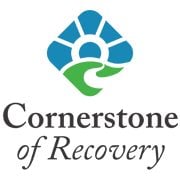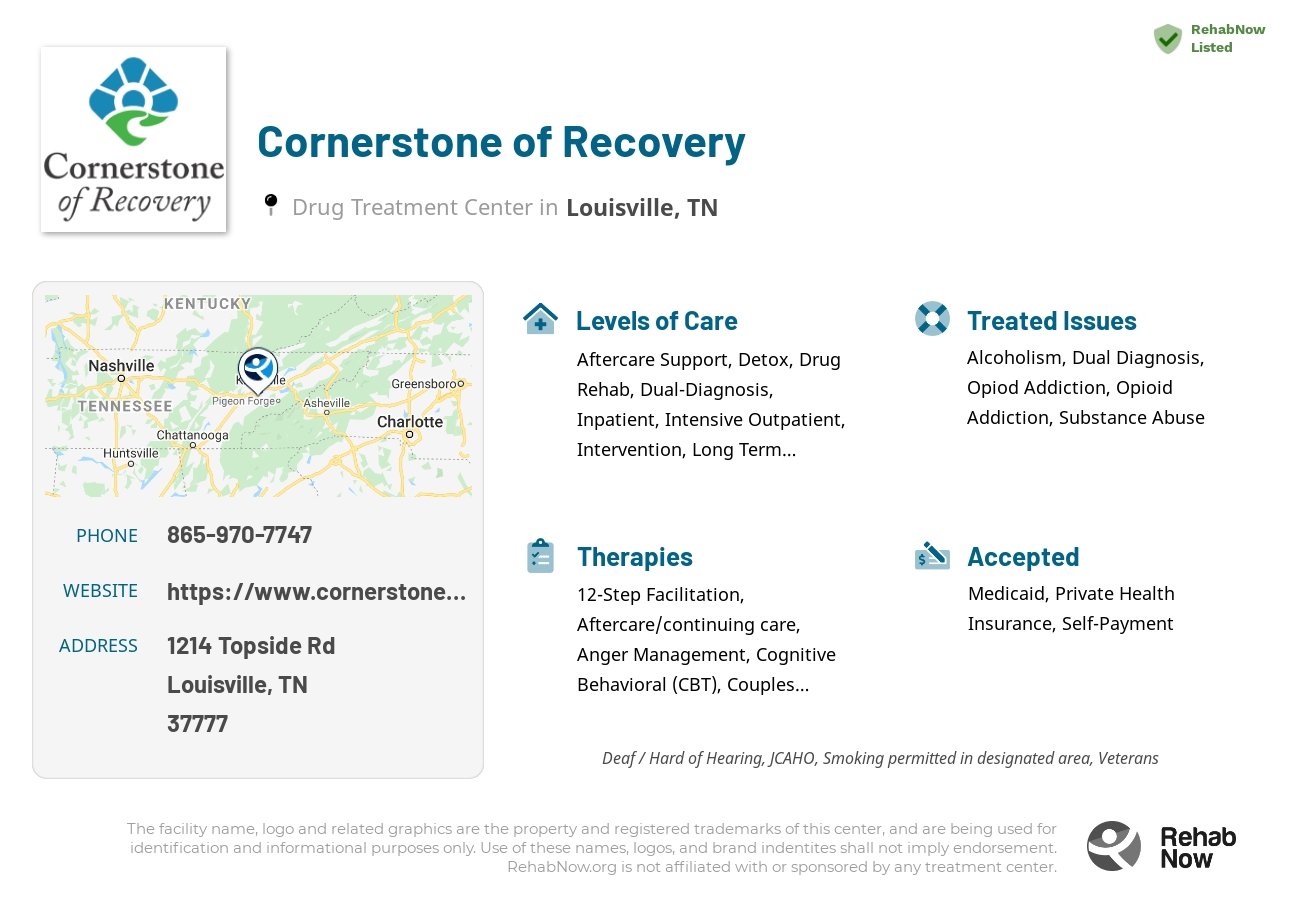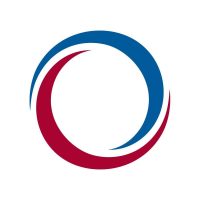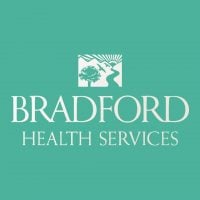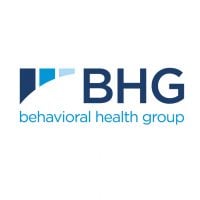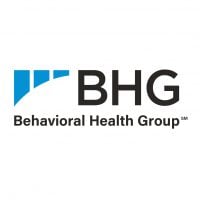Cornerstone of Recovery
Drug Rehab Center in Louisville, Tennessee
Cornerstone of Recovery is an accredited addiction treatment center located in Louisville, TN that provides evidence-based drug rehab services, including detox, inpatient, outpatient, and intensive outpatient levels of care, as well as aftercare support and sober-living/halfway house options, and takes private health insurance.
About This Tennessee Facility
Cornerstone of Recovery, located in Louisville, Tennessee, is a luxury alcohol and drug rehabilitation center that helps individuals overcome addiction and cope with associated mental health disorders through intensive outpatient and inpatient care programs.
Cornerstone of Recovery specializes in treating alcoholism, dual diagnosis, opioid addiction, substance abuse, drug addiction, and mental health disorders.
The facility offers a range of services, including detoxification, drug rehabilitation, dual-diagnosis treatment, inpatient and outpatient programs, and intensive outpatient programs. Cornerstone of Recovery is accredited by LegitScript and JCAHO, ensuring high-quality standards in addiction treatment.
- Comprehensive individualized recovery plans that engage clients physically and mentally
- Specialized programs for women and career professionals
- Dual diagnosis program addressing mental health issues alongside addiction treatment
- Medication-Assisted Treatment (MAT) using Vivitrol, closely monitored by medical staff
Tennessee faces a significant opioid addiction crisis. Cornerstone of Recovery addresses this issue through evidence-based treatment, including detoxification, therapy, counseling, and medication-assisted treatment.
Cornerstone of Recovery is ideal for individuals struggling with addiction and co-occurring mental health disorders who seek a comprehensive, personalized approach to recovery.
Genders
Ages
Modality
Additional
Accreditations

LegitScript

JCAHO
Conditions and Issues Treated
Recovering from any type of substance abuse is a long process, but it is one of the most worthwhile and life changing events any addicted person will ever go through. This is a combination of detoxing the body, rehabilitation, and recovery. There is also therapy, aftercare, and support during the entire process.
While substance abuse can take over a person’s life, it is something that can also be overcame by professionals at Cornerstone of Recovery in Louisville, TN
With so many people struggling with opioid addiction, opioid addiction treatment is more critical than ever before. Patients often take opioids when they face a painful injury. When someone begins taking opioids such as Vicodin or oxycodone differently than how the medications were prescribed, this points to opioid addiction.
Stopping these types of medications abruptly is not safe. That is where opioid addiction treatment at Cornerstone of Recovery in Louisville, TN comes in. Most opioid addiction treatment facilities start with detox and move to rehabilitation services while providing medical support during the process.
Getting over an opioid addiction takes time and determination, but with the right support and resources, those struggling with opioid addiction can recover and move forward with their lives.
An underlying cause often brings about addiction. Mental disorders can lie at the center, such as schizophrenia, bipolar disorder or anxiety disorder. As well as the cause of the addiction, a dual diagnosis by Cornerstone of Recovery helps to treat the addiction. This ensures that after treatment is complete, the patient will not fall back on old practices.
Levels of Care Offered at Cornerstone of Recovery
This center offers a variety of custom treatment tailored to individual recovery. Currently available are Aftercare Support, Detox, Drug Rehab, Dual-Diagnosis, Inpatient, Intensive Outpatient, Intervention, Outpatient, Residential, Sober-Living / Half-Way, with additional therapies available as listed below.
Detox is a drug rehab process that begins before the actual drug rehab treatment. It is used to remove any residual toxins left in your body (and brain) after using drugs, and it is used with the intent to help you or your loved one complete drug rehab.
If you are addicted to opiates like heroin, methadone, or prescription painkillers, you will detox with medication. This is because the withdrawal symptoms are often more intense and uncomfortable for an opiate addict than for someone who has abused or is dependent on other drugs, like cocaine.
Inpatient rehab programs like what’s offered at Cornerstone of Recovery in Louisville, TN are ideal for covering all the bases that surround one’s addiction. It’s considered the most comprehensive approach to care for people afflicted with addiction. Patients live in a facility where they have access to therapy and medical care 24/7.
An intensive outpatient program is a good option for someone in Tennessee with a milder or less severe addiction. An IOP may involve daily meetings at a treatment facility, along with personal counseling and peer meetings. Some IOP programs offer half-day treatment, while others offer full-day programs. Cornerstone of Recovery‘s IOP is customized per individual.
Outpatient treatment is treatment that occurs when a patient is not checked into a rehab facility. The patient may show up for therapy sessions, go through detox and engage in other therapies to help them recover. However, they will do so while they live at home in Tennessee.
Outpatient therapy provided by Cornerstone of Recovery is usually recommended as a follow up to inpatient therapy. It helps patients adapt to their normal lives after treatment. In some cases, it can also be an alternative to inpatient treatment. People may choose this route if they are unable to leave their jobs, children or if they don’t have the money for inpatient treatment. However, inpatient treatment is the best way to recover from addiction.
After completing treatment, sober living homes are Louisville homes where addicts have the opportunity to go. Cornerstone of Recovery programs encourage a lifestyle of sober living. To keep residents clean, curfews, chores, and counseling sessions are implemented. To help recovering addicts transition to the outside world, vocational preparation and other resources are also offered.
Residential treatment programs are those that offer housing and meals in addition to substance abuse treatment. Rehab facilities that offer residential treatment allow patients to focus solely on recovery, in an environment totally separate from their lives. Some rehab centers specialize in short-term residential treatment (a few days to a week or two), while others solely provide treatment on a long-term basis (several weeks to months). Some offer both, and tailor treatment to the patient’s individual requirements.
Typically, people engaged in drug addiction are in a state of denial about the adverse consequences of their altered behavior. They feel that on their own, they can conquer the addiction. Intervention programs in Tennessee manged by Cornerstone of Recovery allow family members to encourage the person affected to seek external assistance.
Therapies & Programs
Individual professional counseling or individual therapy refers to the one-on-one interaction between a patient and his or her counselor. Individual therapy allows for more privacy, one that group interactions can’t provide. Therefore, it becomes easier for a person to unload and become more open to his or her counselor.
Another benefit of individual therapy at Cornerstone of Recovery in Louisville, TN is that all sessions aim to speed up a single person’s progress. It makes it easier for the counselor and the patient to deal with the central issues, which are likely the culprits of substance addiction.
Once the roots of the problems are addressed, it becomes less challenging for a recovering patient to maintain sobriety and brush off temptations.
Families are not always as supportive as they could be, but by opting for family therapy, many recovering addicts are able to understand their addiction and get the support they need to get sober. These therapy sessions at Cornerstone of Recovery in Louisville, TN involve all members of the family who play a role in the recovering person’s daily life. They work together to overcome past issues, avoid triggers, and remain strong and supportive of each other.
In group therapy, the patient undergoes sessions with other patients dealing with similar problems under the guidance of a trained counselor. The members of the group interact with each other and talk freely about their issues. The recovery of members of the group from the problems that they face gives the patients confidence that they can also overcome their addiction.
Group therapy at Cornerstone of Recovery reduces the feeling of loneliness and improves the coping skills of the patients. Group therapy provides patients with continuous feedback from other members. The group dynamics ensure that members start having some structure and routine in their lives.
Dialectical behavior therapy (DBT) is a method of individual and/or group counseling that focuses on acceptance and change. DBT can be very effective in developing coping strategies for negative emotions.
Cognitive behavioral therapy (CBT) is a way of addressing concerns through talking. Talking through issues can identify sources of discomfort or unhealthy thoughts. CBT is a healthy way Cornerstone of Recovery addresses some behaviors which may be bringing unintended consequences in a persons life.
Rational Emotive Behavior Therapy (REBT) is a type of cognitive therapy. It is based on the principle that irrational thoughts are responsible for the emotional and behavioral changes in addiction. The therapy starts with identifying the underlying irrational thoughts. These thoughts are then challenged and opposed logically and then replaced with positive thoughts.
Eye Movement Desensitization and Reprocessing (EMDR) therapy is different from the traditional treatment that helps patients recover from substance abuse. Research shows that the root cause of substance abuse in many patients is the negative feelings and emotions that are associated with some past trauma. In EMDR therapy, therapists make the patients recollect such traumatic events while stimulating their vision.
The rapid eye movements reduce the patients’ negative feelings related to the trauma and promote calmness and relaxation. EMDR therapy is combined with behavioral therapies to address the root cause of the problem, which reduces the chances of relapse at a later stage.
The 12 step program is the treatment method used by Alcoholics Anonymous, but it can apply to any type of addiction. It outlines the 12 steps addicts should take on the path to recovery. Steps include admitting you have a problem and making the decision to turn your life around. A belief in a higher power and making amends to others are also part of the program.
Nutrition therapy involves providing healthy diet and improving the eating habits of the patient. Expert dieticians provide individualized meal plan, that addresses the specific nutritional deficiencies. Nutrition therapy also teaches the associated life skills such as cooking healthy food and grocery shopping. It helps to overcome the food cravings that are seen in certain addictions.
NRT, also known as nicotine replacement therapy, allows someone to get the effects of nicotine without chewing or smoking. It is often done with a patch, allowing those who want to quit relying on nicotine to better manage their cravings. As the cravings get easier to manage, the doses of nicotine get reduced until nicotine is no longer needed.
Patient Experience
Fitness Therapy
More often than not, treating substance addiction requires different types of therapies carried out simultaneously to cover all the bases and the patient’s needs. One of the most encouraging and exciting treatment methods is fitness therapy. In fitness therapy, patients inject movements into regular counseling sessions at Cornerstone of Recovery in Louisville, Tennessee. It has physical, mental, and emotional benefits.Not only do individuals become more driven and goal-oriented, but they also experience an increase in strength and flexibility. In some cases, fitness therapy aids in healing various physical ailments on top of hastening the addiction recovery process. Exercising can also help enhance the cognitive functions of the brain and improve attention span. Physical exercise also alleviates the craving for addictive substances as it provides your mind and body with a healthier alternative.
Payment Options Accepted
For specific insurance or payment methods please contact us.
Is your insurance accepted?
Ask an expert, call (888) 674-0062
Additional Details
Specifics, location, and helpful extra information.
Louisville, Tennessee 37777 Phone Number(865) 970-7747 Meta DetailsUpdated April 15, 2024
Staff Verified
Is Cornerstone of Recovery a LegitScript Verified Treatment Facility?
According to our most recent records, we have found this center to be LegitScript verified.
Patient Reviews
There are no reviews yet. Be the first one to write one.
Louisville, Tennessee Addiction Information
Tennessee joins the list of states with an above-average rate for drug and/or alcohol-induced deaths. Most of these deaths are related to opioids, such as prescription opioids. The Volunteer State ranks 2nd highest in the nation for the number of prescriptions given out. The state also ranks at the top for prescription drug-related overdoses.
The drug addiction problem in Louisville, Tennessee, is quite severe. Over 1,000 emergency room visits were related to drug abuse in Louisville in 2016. Drug addiction and abuse can lead to criminal activity, such as theft and robbery. Commonly abused drugs such as heroin, methamphetamine, and prescription painkillers have all been on the rise in recent years. To find the best treatment ask for referrals from those who have gone through rehab.
Treatment in Nearby Cities
- Lenoir City, TN (16.8 mi.)
- Mountain Home, TN (94.2 mi.)
- Sparta, TN (84.0 mi.)
- Savannah, TN (244.9 mi.)
- McMinnville, TN (102.4 mi.)
Centers near Cornerstone of Recovery
The facility name, logo and brand are the property and registered trademarks of Cornerstone of Recovery, and are being used for identification and informational purposes only. Use of these names, logos and brands shall not imply endorsement. RehabNow.org is not affiliated with or sponsored by Cornerstone of Recovery.
